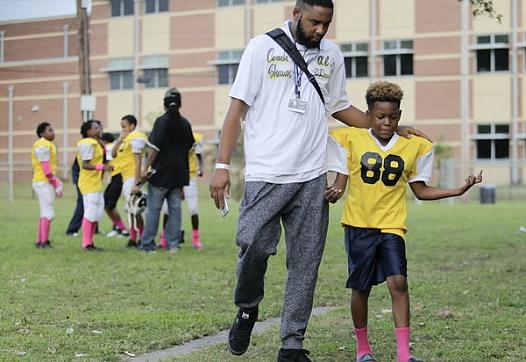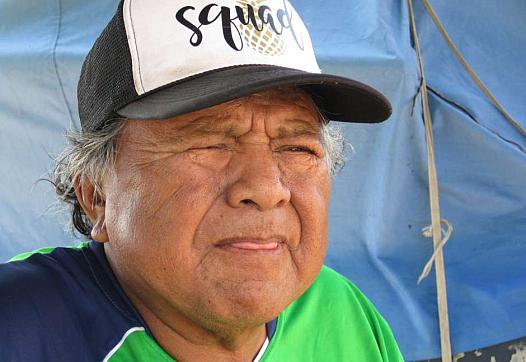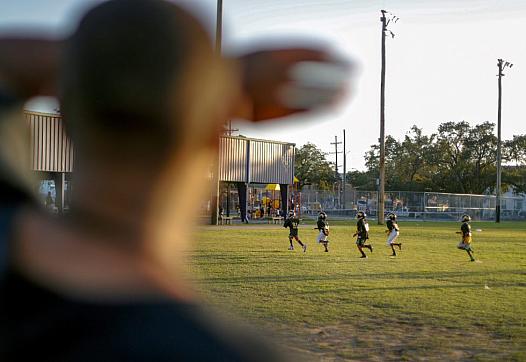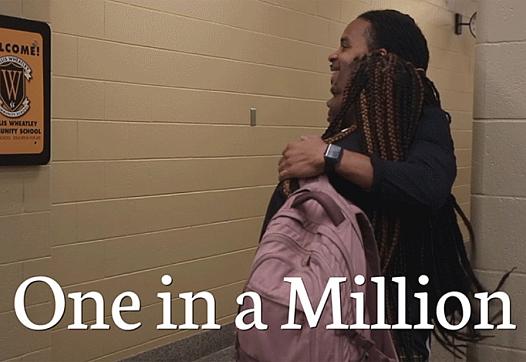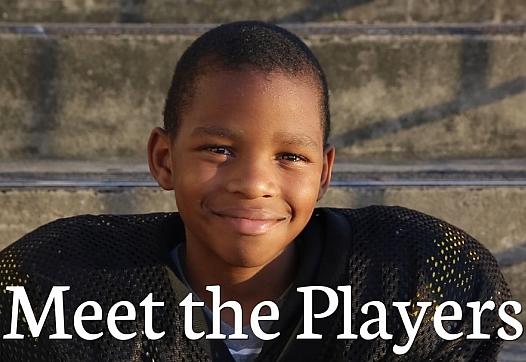
It could be a big year for Medicaid expansion. Virginia is expanding its program to include single adults, a change made possible by Obamacare; a judge recently ordered Maine’s governor do so, and ballot initiatives in four other states could lead further expansions. But the biggest wave of change i



